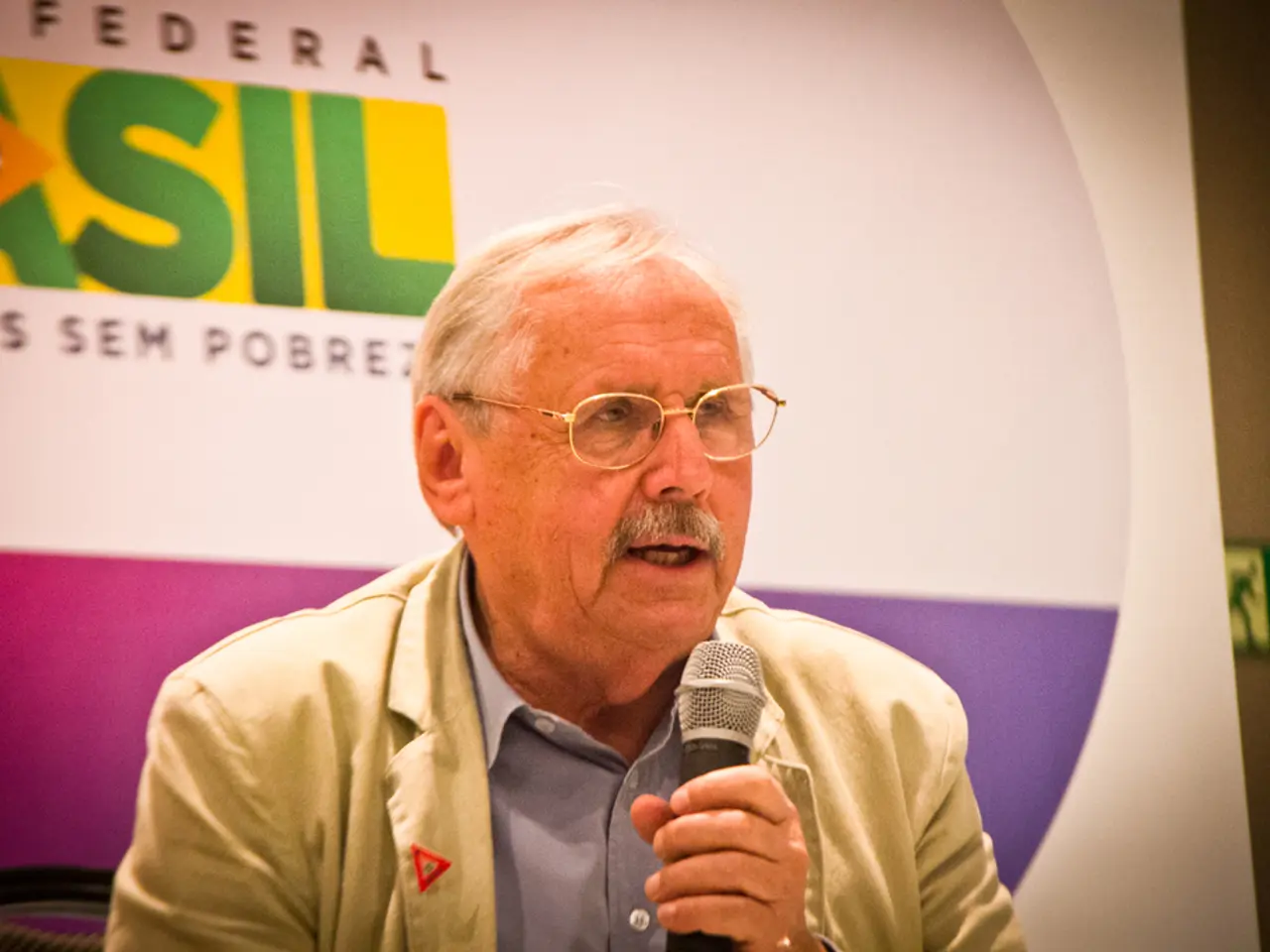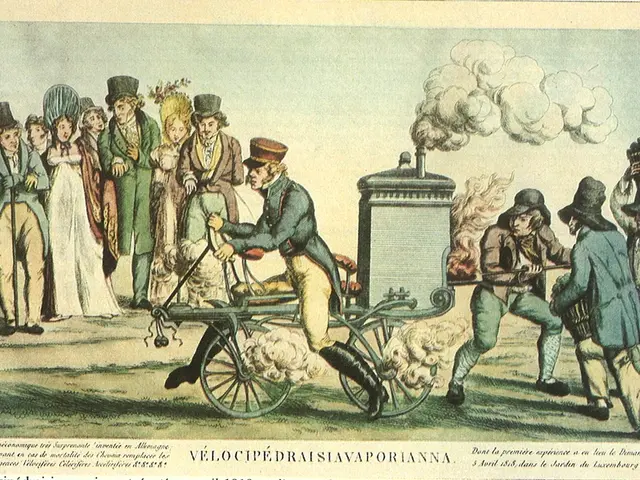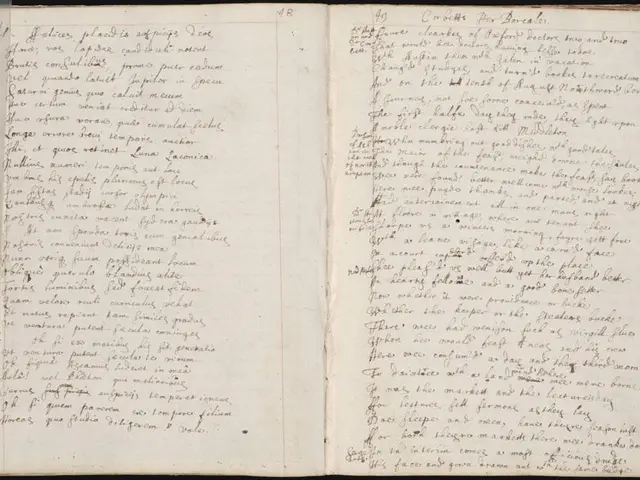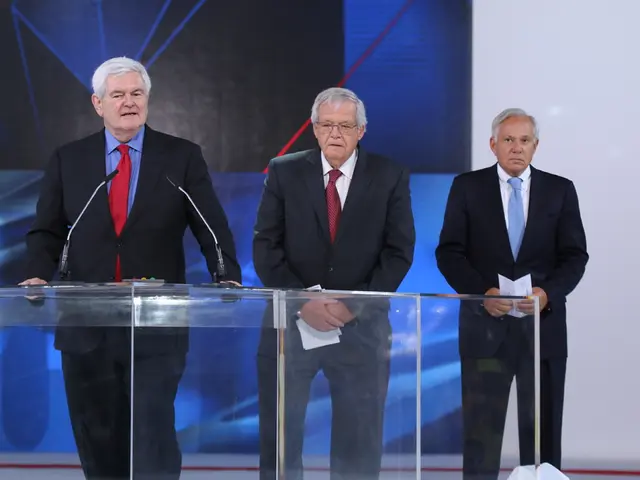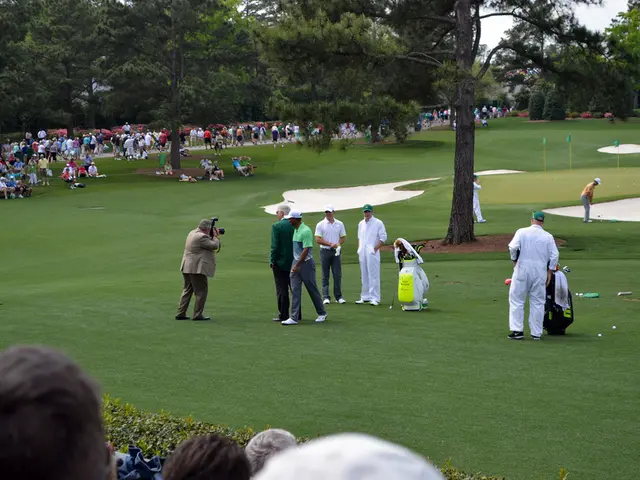Chaos erupted at a public gathering in Delhi when Chief Minister Rekha Gupta was physically assaulted by an unidentified individual.
In the wake of the physical assault on Delhi Chief Minister Rekha Gupta during a public meeting in Civil Lines, there is a growing call for increased security measures to protect public leaders in India. This attack, which has sparked political reactions and public concern, underscores the necessity for striking a balance between accessibility and protection for public figures.
Experts and political leaders are urging the implementation of enhanced security measures, including multiple layers of physical security, increased police presence, and strict monitoring protocols during public meetings and events. These recommendations align with the broader enhanced security posture that has been implemented across Delhi and other places following recent high-profile security concerns.
Key current security measures and recommendations include the deployment of large numbers of security personnel such as paramilitary forces and commandos at venues where public leaders appear. This ensures tight crowd control and immediate intervention capabilities. Additionally, increased foot patrols by district police units in public spaces like markets, metro stations, bus terminals, and outside meeting venues are being implemented to track and respond to threats promptly.
Senior police officers are also being asked to personally review and oversee security arrangements on the ground to ensure rapid decision-making and adaptability to emerging threats. Multi-layered security screening and access control, including strict checks of all visitors, staff, and contractors, supported by continuous monitoring of CCTV systems to identify suspicious behavior early, are also being emphasized.
Restrictions on aerial devices around sensitive areas and public event locations are being implemented to mitigate airborne threats. Coordination between various agencies including local police, intelligence services, the Central Industrial Security Force (CISF), and other stakeholders is also being encouraged to share intelligence and respond cohesively to any security incidents.
Recommendations for increased vigilance during public meetings, such as deploying senior officers and specialized security personnel with the capability for close protection and rapid emergency response, are also being made. While specific protocol documents following the assault on Rekha Gupta have not been publicly disclosed, these existing enhanced measures for high-risk events and VIP security in Delhi form the framework within which further recommendations would be expected to fall.
Broader internal security policies emphasize a zero-tolerance approach to any attacks and rapid law enforcement responses. The use of advanced surveillance and technology to anticipate and prevent threats is also being emphasized, along with legislative and institutional reforms to adapt to evolving security challenges.
In summary, the current security environment in India, particularly in Delhi, promotes strict, multilayered physical security, strong intelligence coordination, and technological monitoring to protect public leaders during meetings and public appearances in the aftermath of incidents like the attack on Chief Minister Rekha Gupta. These measures aim to ensure that dialogue, not violence, defines the relationship between the public and their representatives, thereby strengthening participatory democracy.
